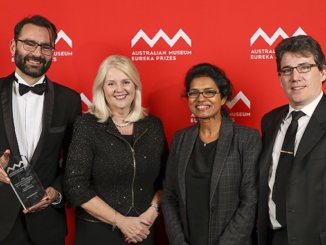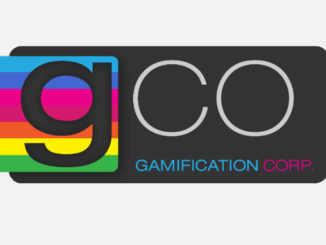
Abstract
This emerging trends article introduces concepts such as citizen science (the inclusion of non-professionals in scientific knowledge production) and knowledge games (games that enable players to solve real-world problems through crowdsourcing and collective intelligence activities within a game).
The article shares the strengths and limitations of using citizen science and knowledge games in
the classroom, as well as initial tips and guidelines for bringing these types of experiences to the classroom.
Introduction
Over the past decade, educators and practitioners have been increasingly incorporating games in the
classroom, workplace, afterschool centers and home to help teach kids, adults, and learners of all kinds (Farber, 2015; Schrier, 2014; Groff, et al., 2016; Millstone, 2012; Schrier, 2016b). For instance, kids have gained historical thinking skills from Mission US, argumentation techniques from Quandary, numeracy abilities from DragonBox Numbers, and computational thinking from Blockly. Recent research on gaming has supported the use of games in education, and has suggested that welldesigned
games can be used for learning skills and domains of knowledge (e.g., Ke, 2016; Wouters & van
Oostendorp, 2017; Wouters et al, 2013; Sitzmann, 2011; Clark et al., 2016), as well as to change attitudes and enhance curiosity (Squire, 2011). Games may also help us better empathize, express, and connect (Isbister, 2016), think through ethical and moral decisions (Schrier, 2015; Schrier, in press) and learn about realworld issues and problems (Koo & Seider, 2010; Schrier, 2016a; Games for Change).
One new possible area for games is beginning to emerge: that of solving real-world problems and
building new knowledge through games. In other words, can games help teach skills, concepts, and topics that we know, but also help society build new knowledge that we do not yet know? In other words, can games help us make new discoveries or research open questions? Can games teach us about morality, science, or history; bullying, poverty, space travel, or genetics, but also solve mysteries related to these topics? Instead of just learning about DNA, for example, can games aid students and experts construct new insights about genetics?
ISSN 2474-8218
Read the full publication on eldj.montclair.edu, by by Karen Schrier
http://eldj.montclair.edu/wp-content/uploads/2017/07/ELDjV4I1T_Designing_Learning_Citizen_Science_Games_Schrier.pdf

